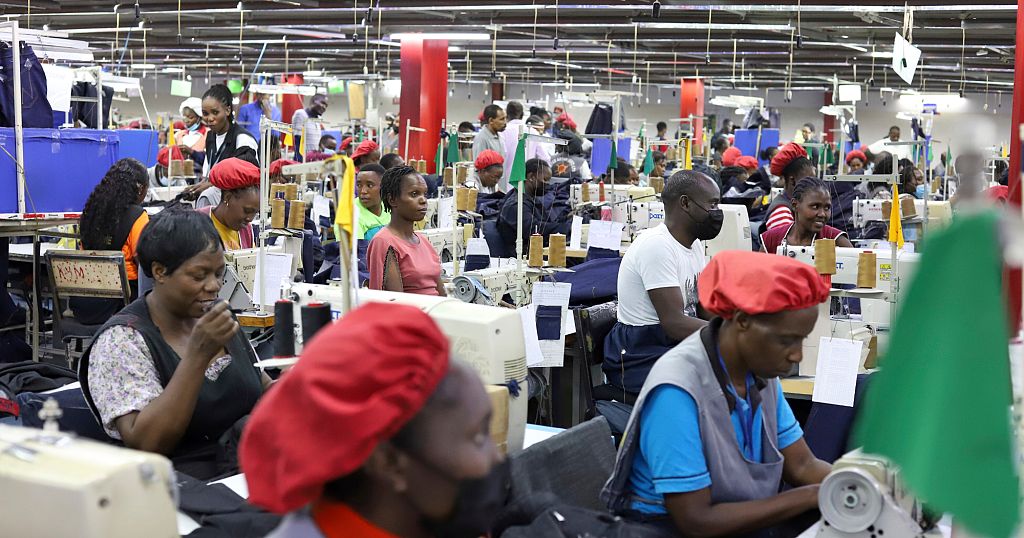The African Growth and Opportunity Act (AGOA), a multilateral agreement that has provided thousands of African products with duty-free access to US markets, has officially expired after 25 years. This development has left the future of trade between the United States and Africa in uncertainty.
Since its introduction in 2000, AGOA has enabled African nations to export a wide range of products to the US without facing tariffs. In Kenya, the textile and apparel sector has particularly benefited from this agreement, allowing the country to compete effectively with Asian exporters such as Bangladesh and Vietnam. The sector has grown significantly, with exports to the US increasing from $50 million to around $500 million today.
However, with the expiration of AGOA, the Kenyan textile and apparel industry is facing significant challenges. Pankaj Bedi, the CEO of the United Aryan clothing factory in Kenya, emphasized that without AGOA, the industry has “zero chance to compete with the Asian countries” and will not be able to survive. Bedi, who also chairs the Apparels Manufacturers and Exporters at the Kenya Association of Manufacturers, warned that the collapse of the industry would be rapid.
The potential impact on employment is also a major concern. In Kenya, over 66,000 people, many of them women, are employed in the textile and apparel sector, which is now vulnerable due to the expiration of AGOA. Job cuts and fears over livelihoods have already begun in the garment districts of Nairobi. Julia Shigadi, a machinist, expressed her concerns, stating that her job is her “bread and butter” and that without it, her life would be severely affected.
AGOA’s expiration also raises concerns about the potential impact of US tariffs on African economies. Earlier this year, the US announced blanket tariffs of 10% and higher on certain imports. African countries had hoped that key elements of their export economies would be exempt from these tariffs. At the United Nations General Assembly, Kenyan President William Ruto sought a five-year extension of AGOA, while the White House has indicated support for a one-year renewal.
Experts warn that several African economies are likely to face adverse effects from both the end of AGOA and the new US tariffs. Raphael Obonyo, a public policy expert at UN Habitat, noted that while the short-term impact may seem manageable, the long-term challenges will be devastating and are likely to have broader consequences. As the situation continues to unfold, the significance of AGOA’s expiration and its potential impact on US-Africa trade relations will become increasingly clear.
